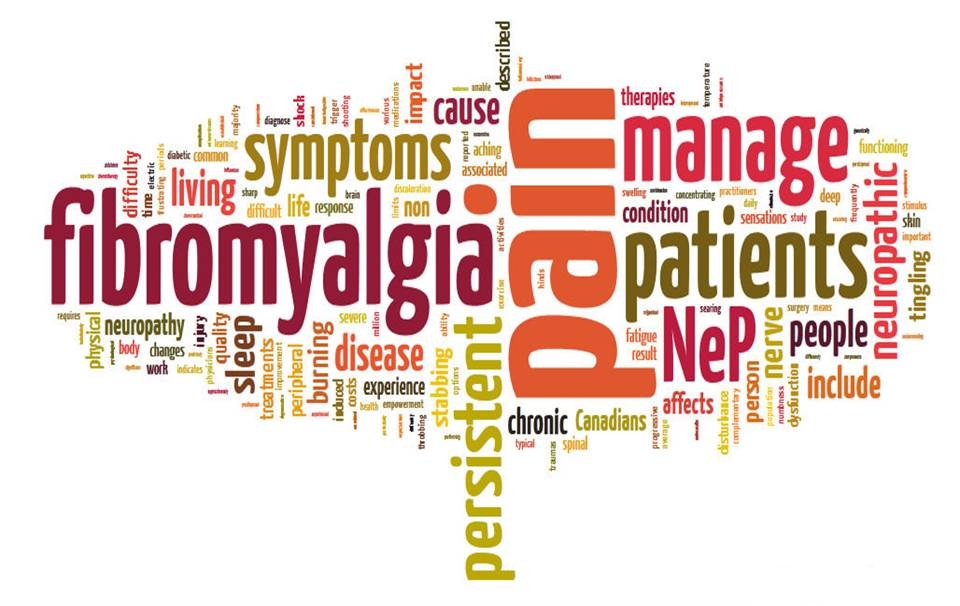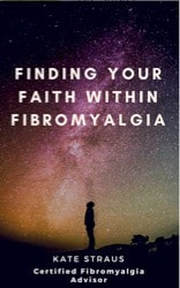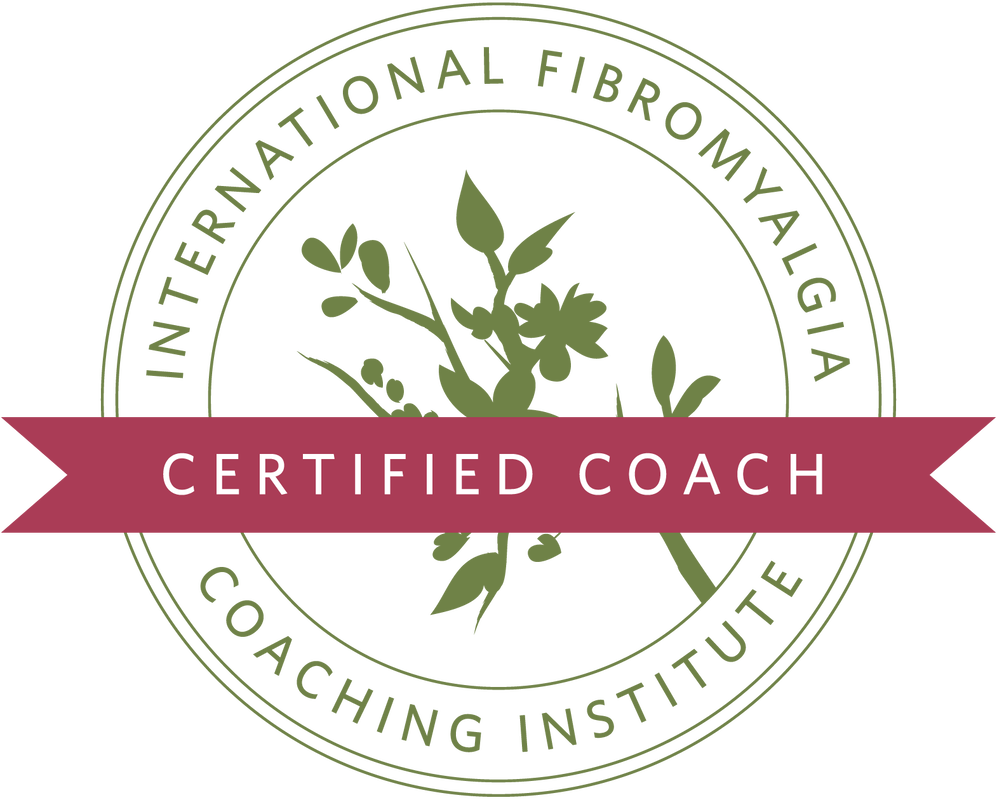|
Ed Coghlan, author of an article with the same title as the one above, discusses how pain patients are being punished for the so called opioid crisis when the problem isn’t the patients themselves. He quotes Dr. Jay Joshi, one of the leading pain physicians as saying “This deeply misguided, if predictable, response threatens to deprive millions of Americans of relief from persistent, even debilitating pain. Instead of retreating from treating their pain altogether, we should focus on educating doctors on the multitude of safe, effective methods for treating pain in its various forms.” Clearly the opioid crisis is a big issue of contention between the CDC, pain patients, and their doctors. Doctors that prescribe opioids for their patients are receiving significant pressure from the CDC to decrease or even completely remove the opioid medication from chronic pain sufferers treatment plans. Because there is an apparent overuse of opioids to get high, the CDC believes this is the only way to stop the “crisis.” Dr. Joshi has another idea that makes sense. In an article he authored in November 2017, Joshi stated that “we should start by creating a set of standard guidelines or recommendations (a framework), like the compendiums that exist in every medical specialty, for pain treatment... The lack of any such a framework is largely responsible for creating the opioid crisis. Lacking a useful set of standards for treating pain, and under pressure to treat pain by federal standards, insurers and professional associations, physicians over-prescribed the only treatment they understood. Some drug companies exploited that knowledge gap, convincing lazy or unsophisticated physicians that opioids were the answer for all kinds of pain–and even, in some cases, that opiates weren’t addictive.” So, who do we blame for the opioid crisis and how do we address the issues so that pain patients can be treated in the most effective way? Joshi suggests that we “don’t blame opiates for the opiate crisis. Stupidity and laziness among my fellow physicians play a role, as does opportunism by certain opioid manufacturers.” He also states that “we can reverse the damage, and prevent the further spread of addiction. But we must educate doctors on the array of available avenues for treating pain, and provide them with a clear framework for which avenue work best for which ailments.” Dr. Joshi does admit that opioids are not for everyone; however, if treatment for chronic pain with opioids works in someone who does NOT have an addiction issue, that treatment should not be stopped as it punishes the patient for something that is not their fault. There are apparently “no residencies offered in pain management and estimates that 90% of the “pain specialists” in America have no formal, accredited fellowship training in pain management.” My Opinion I agree with Dr. Joshi. Chronic pain patients like us are being punished for an issue that most of us do not deal with: addiction. There is a difference between needing pills to manage your pain versus using the pills to get high and obliterate all feelings that you have. So, there are two issues that need to be addressed. First, there needs to be a program in medical school or a residency that specifically focuses on pain management and possibly has a focus within that that addresses how to use pain management with people that live with chronic pain. Secondly, while I don’t agree with how the CDC is addressing the “opioid crisis,” I do agree that addiction is a major issue in this country that needs to be addressed. Maybe the CDC and medical programs/residencies can work together so that doctors can learn to identify the difference between an addict and someone who needs these meds to control their chronic pain. With this training, there can be a certain amount of control on the prescribing of opioids as regularly as they might be prescribed and the issue of addiction can be addressed as well. (Addiction is an entirely different topic that I don’t have enough experience or knowledge of but that absolutely needs to be addressed.) What I also know is important is that doctors shouldn’t be shamed for prescribing these medications and patients shouldn’t be ashamed to take them. There has got to be a “happy medium” for lack of a better term. I’d love YOUR opinion on the topic. Please feel free to comment below or send me a private message here (on my website) or here (on my Facebook page). If you are interested in coaching, interesting in learning about another topic, please let me know! My goal is to help as many people live life to their fullest while living with a chronic illness. Sign up for a FREE consult. There are no requirements to continue past that point to learn what coaching is all about and how much it can benefit your life while living with fibromyalgia. I look forward to talking with you soon!
0 Comments
Leave a Reply. |
AuthorI’m Kate Straus and I’m a Certified Fibromyalgia Advisor. I help Jewish women feel confident in their ability to practice their faith while navigating the ups and downs of fibromyalgia. I’m using the disease that at one time knocked me down, to help support others live life to their fullest. Archives
January 2021
Categories |


 RSS Feed
RSS Feed


